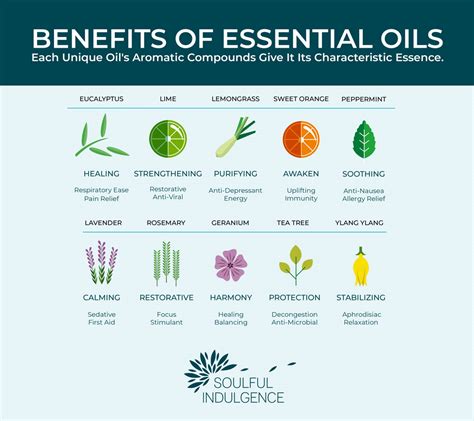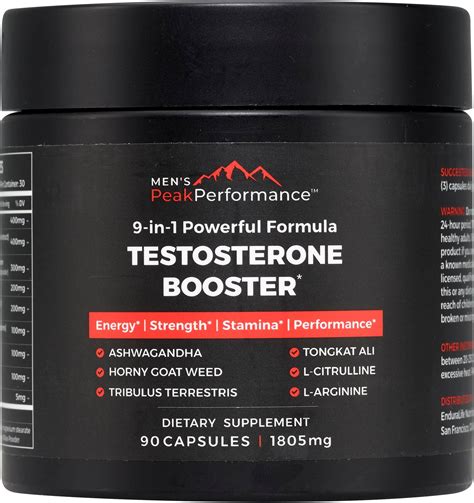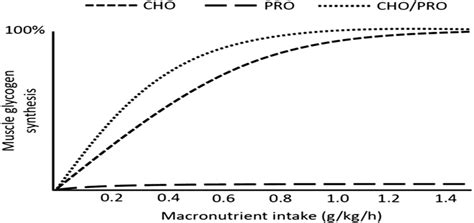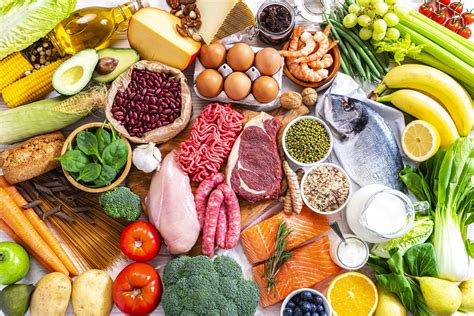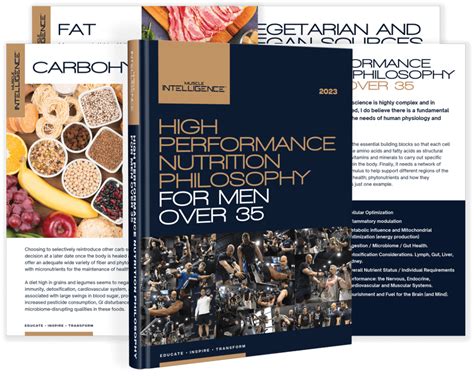What nutrition plan optimizes men’s performance, energy, and muscle growth?

The Foundation of Peak Male Performance
For men aiming to excel in athletic performance, maintain high energy levels throughout the day, and build lean muscle mass, nutrition is not just important—it’s paramount. A well-designed nutrition plan acts as the blueprint for physiological success, providing the fuel, building blocks, and regulatory compounds necessary for optimal bodily function. This guide will delve into the core principles of a nutrition strategy tailored to unlock a man’s full potential.

Macronutrients: The Building Blocks of Strength
Macronutrients—proteins, carbohydrates, and fats—are the primary energy sources and structural components of the body. Their strategic intake is crucial for performance, energy, and growth.
Protein: The Muscle Master
Protein is indispensable for muscle repair, growth, and the synthesis of enzymes and hormones. Active men, especially those engaged in resistance training, require higher protein intake. Aim for 1.6-2.2 grams per kilogram of body weight. Excellent sources include lean meats, poultry, fish, eggs, dairy, legumes, and protein supplements.
Carbohydrates: The Energy Engine
Carbohydrates are the body’s preferred energy source, particularly for high-intensity exercise. They replenish glycogen stores in muscles and the liver, crucial for sustained performance and preventing fatigue. Focus on complex carbohydrates like whole grains, fruits, and vegetables for a steady energy release, while simple carbohydrates might be useful post-workout for rapid recovery.
Fats: The Hormone Harmonizer
Dietary fats are vital for hormone production (including testosterone), nutrient absorption (fat-soluble vitamins), and providing a dense energy source. Prioritize healthy fats such as monounsaturated and polyunsaturated fats found in avocados, nuts, seeds, olive oil, and fatty fish (omega-3s). Limit saturated and avoid trans fats.

Micronutrients: The Unsung Heroes of Vitality
While macronutrients provide the bulk of energy and structure, micronutrients (vitamins and minerals) are the catalysts for thousands of bodily processes, from energy metabolism and immune function to muscle contraction and bone health. Deficiencies can severely impair performance and overall well-being.
- Vitamin D: Crucial for bone health, immune function, and testosterone levels.
- Magnesium: Involved in muscle and nerve function, blood glucose control, and energy production.
- Zinc: Supports immune function, protein synthesis, and testosterone production.
- B Vitamins: Essential for energy metabolism and red blood cell formation.
- Iron: Vital for oxygen transport, particularly important for endurance performance.
A diet rich in diverse fruits, vegetables, and whole foods is the best way to ensure adequate micronutrient intake. Consider targeted supplementation if dietary gaps exist, always consulting with a healthcare professional.

Hydration: The Essential Element for Performance
Often overlooked, proper hydration is critical for all physiological functions, including nutrient transport, temperature regulation, joint lubrication, and cognitive performance. Dehydration, even mild, can significantly reduce physical and mental performance, energy levels, and muscle strength.
Aim to drink at least 3-4 liters of water per day, increasing intake during exercise or hot weather. Electrolyte-rich beverages can be beneficial during prolonged, intense workouts to replenish lost salts.

Meal Timing and Frequency: Optimizing Fuel Delivery
While total daily intake is paramount, strategic meal timing can enhance nutrient utilization, support recovery, and sustain energy. Distributing protein intake evenly throughout the day (e.g., 20-40g every 3-4 hours) can maximize muscle protein synthesis. Pre-workout carbohydrates provide energy, and a post-workout combination of protein and carbohydrates aids rapid recovery and muscle repair.
Experiment with meal frequency (3 large meals vs. 5-6 smaller meals) to find what best suits your energy levels, digestion, and training schedule.
Supplements: A Strategic Edge, Not a Replacement
While a whole-food diet forms the bedrock, certain supplements can offer a strategic advantage:
- Creatine: Enhances strength, power, and muscle mass.
- Whey Protein: Convenient source of high-quality protein for recovery and growth.
- Beta-Alanine: Improves endurance and reduces muscle fatigue.
- Omega-3 Fatty Acids: Support heart health, reduce inflammation, and may aid muscle recovery.
- Multivitamin: As an insurance policy to cover potential micronutrient gaps.
Always research supplements thoroughly and prioritize those with scientific backing. Consult a healthcare professional or registered dietitian before starting any new supplement regimen.

Crafting Your Optimal Nutrition Blueprint
Optimizing men’s performance, energy, and muscle growth hinges on a holistic and consistent approach to nutrition. It’s about more than just hitting calorie targets; it’s about intelligent choices regarding macronutrient ratios, micronutrient density, unwavering hydration, and strategic timing.
Remember that individual needs vary based on age, activity level, body composition, and specific goals. Start with these foundational principles, track your progress, and adjust your plan as needed. With dedication and the right nutritional strategy, you can unlock unparalleled levels of physical and energetic prowess.
